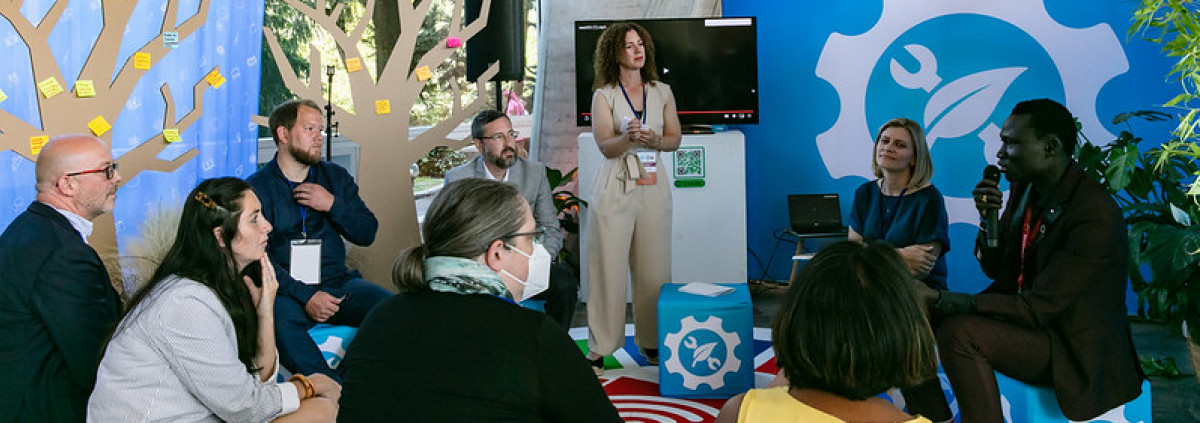Welcome!
Welcome to the discussion on learning and skills for life, work and sustainable development. The discussion ensures engagement and is open to all. To get involved in the discussion, sign up, create your log in and share your thoughts below ⬇
Discussion paper
The discussion paper brings together the latest on learning and skills for life, work and sustainable development.
Key Issues/Strands
- Foundational learning (from the lifelong learning perspective)
- Skills for employment and entrepreneurship
- Education for sustainable development incl. environmental education

@Maribel Almeida ... Muy interesante. ¿Qué provoca la falta de demanda en su contexto? Este es un problema en muchos países. ¿Ha visto algún ejemplo de comunidades que pudieron cambiar la tendencia?